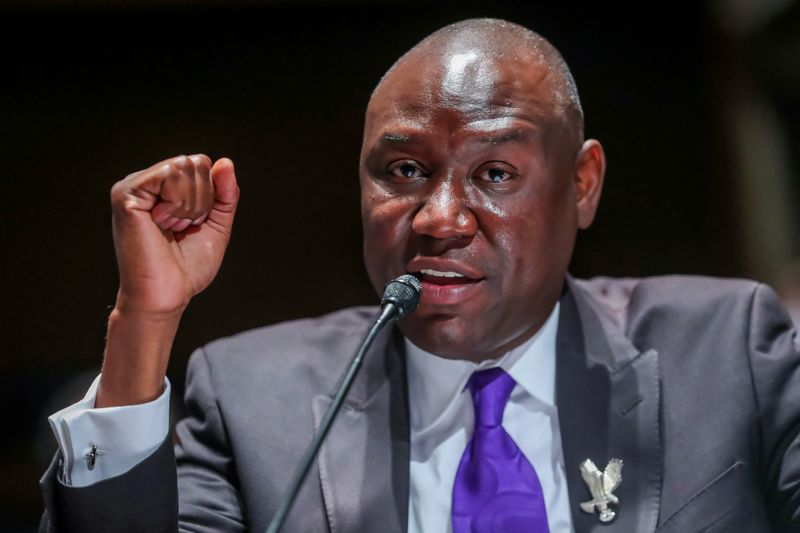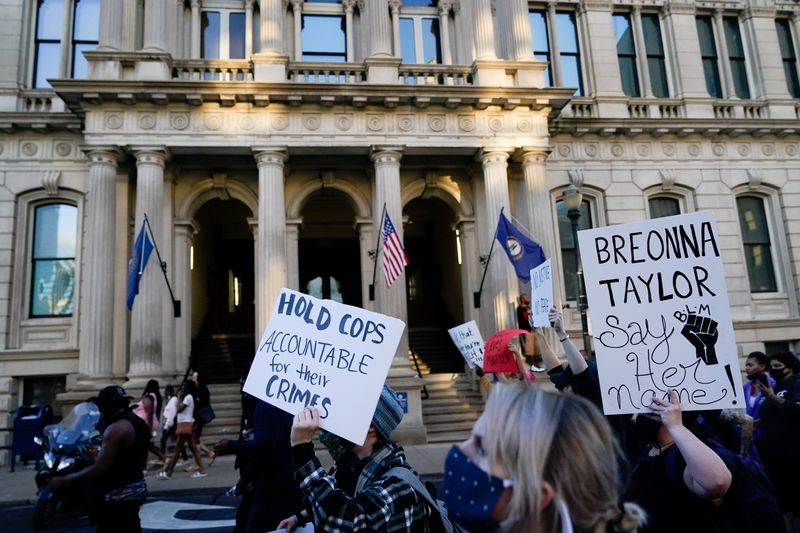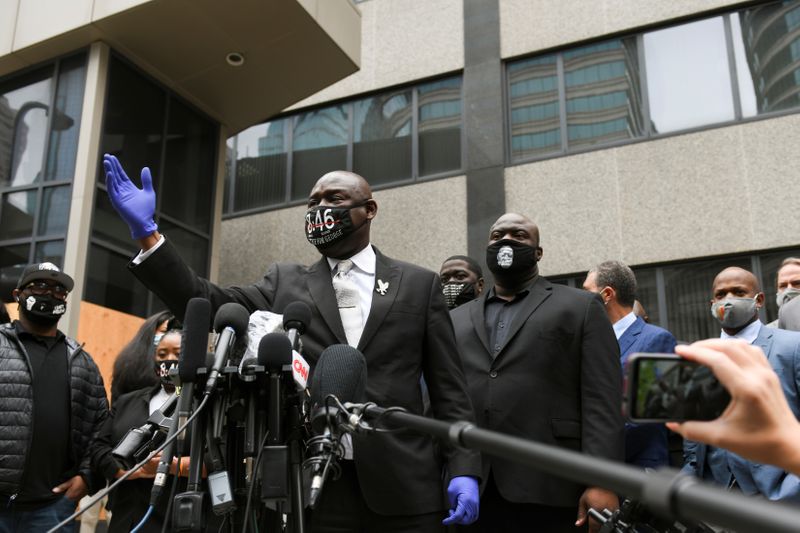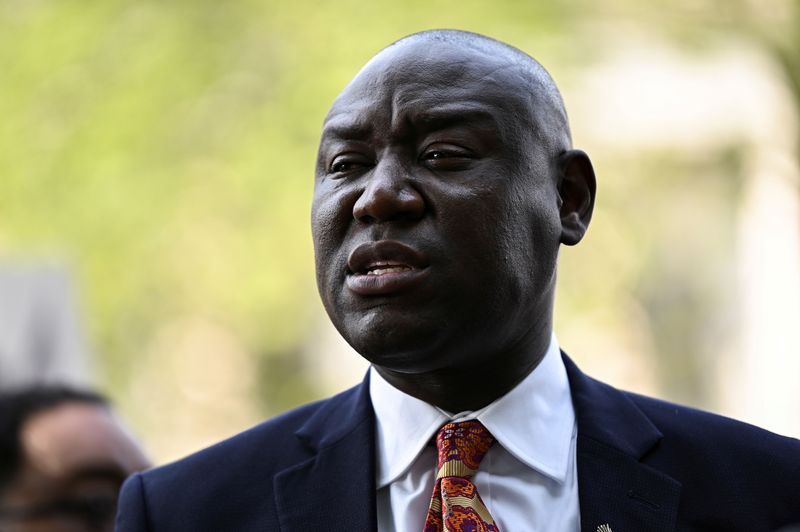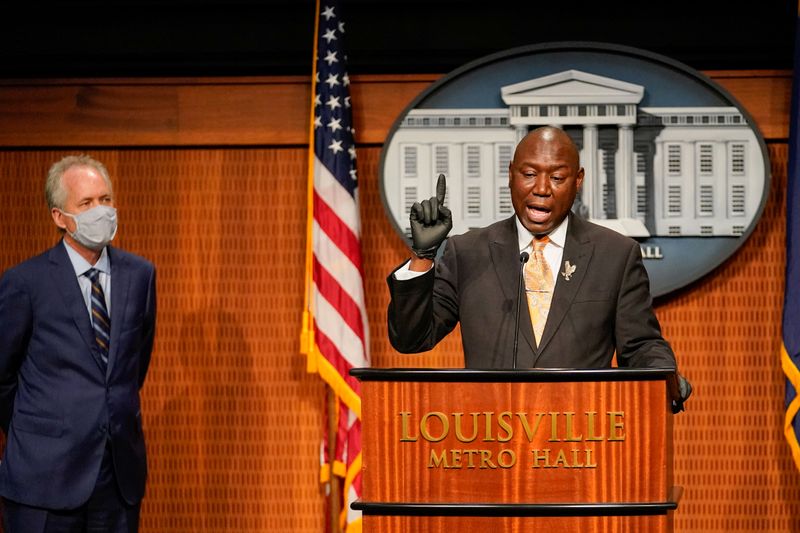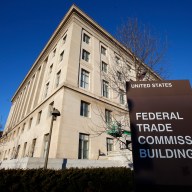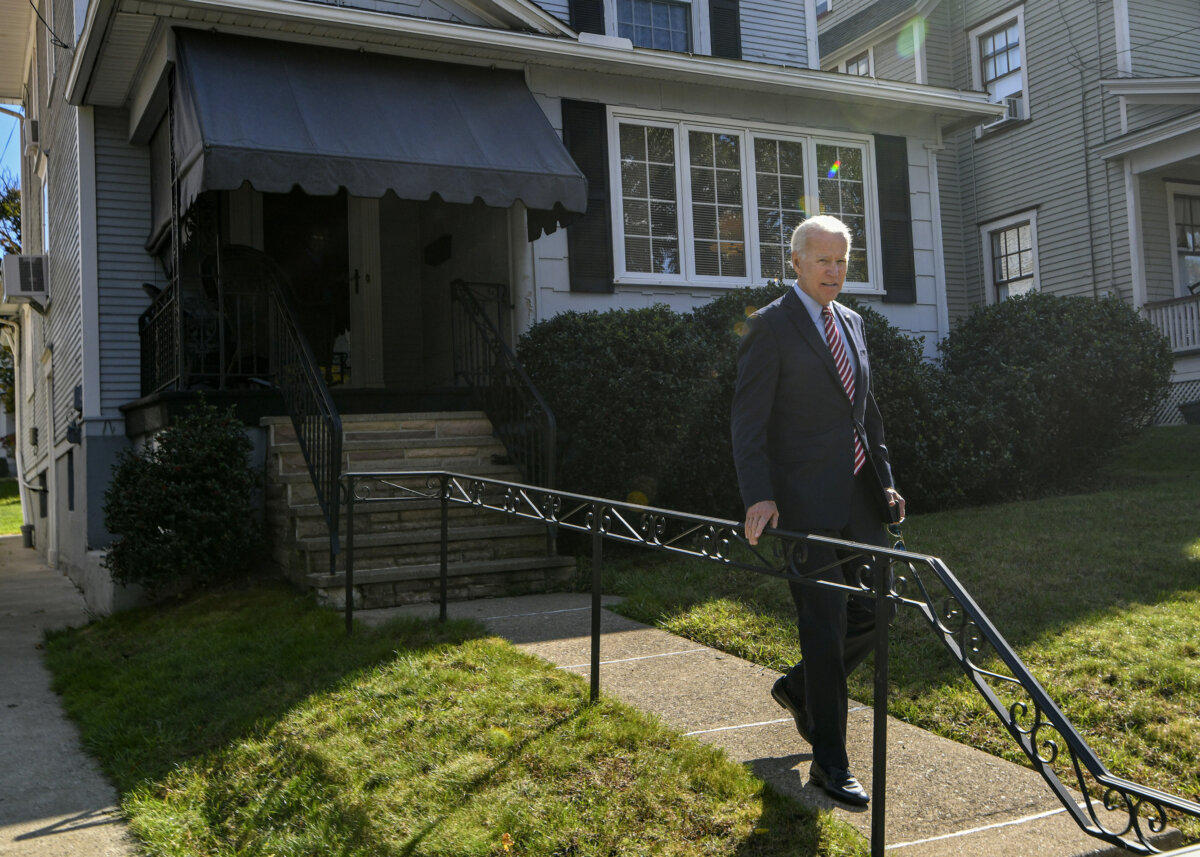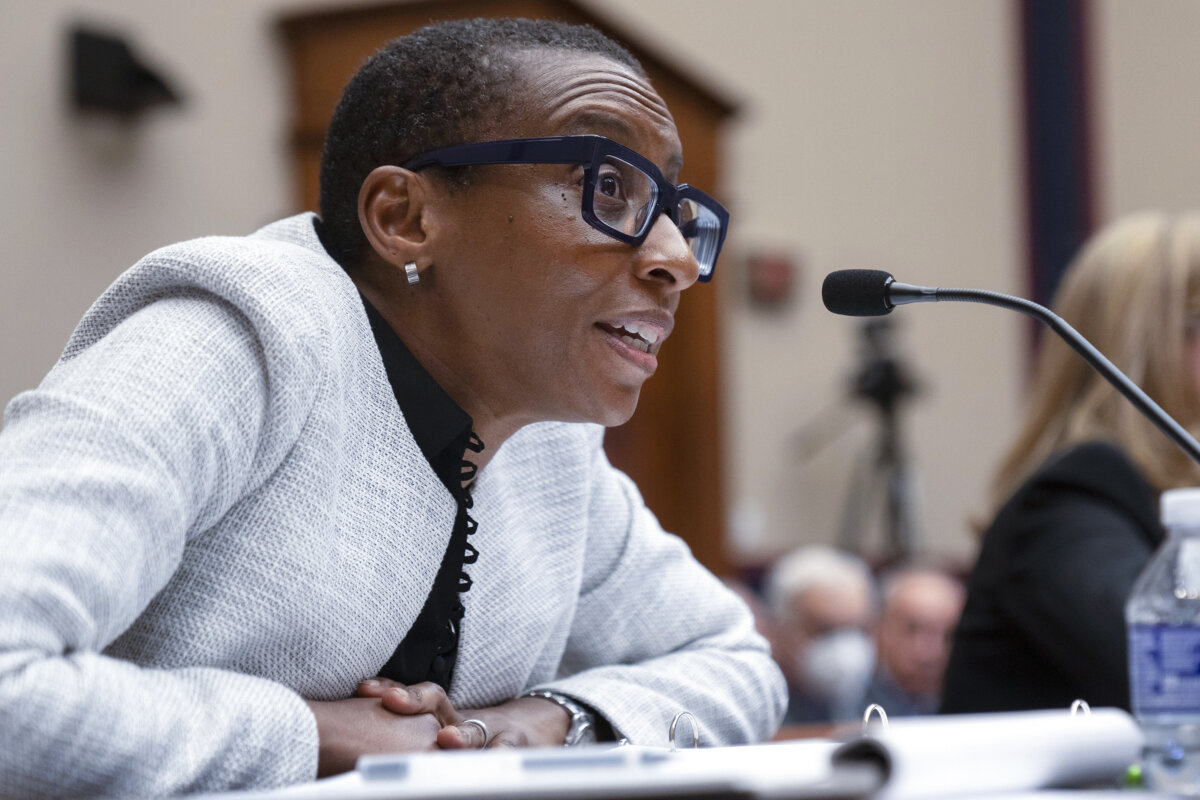WASHINGTON (Reuters) – Tamika Palmer’s voice broke as she spoke about the city of Louisville, Kentucky’s $12 million settlement and planned reforms after the killing of her daughter, Breonna Taylor, during a botched police raid.
“As significant as today is, it’s only the beginning of getting full justice for Breonna,” Palmer said during a news conference on Tuesday. “It’s time to move forward with the criminal charges because she deserves that and much more.”
Standing right behind her was Benjamin Crump, an attorney nicknamed “Black America’s attorney general” by civil rights activist Reverend Al Sharpton. Crump, 50, has represented the distraught families of a lengthy list of slain African-Americans in recent years, as they have faced some of the darkest moments of their lives in the public glare.
They include the families of Trayvon Martin, a Black teen shot dead in Florida; Ahmaud Arbery, a Black jogger killed in Georgia; and George Floyd, a Black man whose death in police custody in Minnesota sparked global protests this year.
Crump says one of his main roles is to keep the spotlight of media attention on the victims and their families.
“It’s no guarantee that you will get to the court of law, but you first have to win in the court of public opinion if you’re a minority in America who was killed by the police,” Crump said in an interview with Reuters earlier this month.
By focusing public attention on his clients, Crump is following in the footsteps of decades of civil rights lawyers, but with new tools like social media and smartphone videos at his disposal, civil rights experts say.
“He’s effective in getting attention paid to his cases and putting pressure on local authorities to act in the interest of his clients,” said Kenneth Mack, a professor at Harvard Law School. “And to some extent, that’s more than half the job at this moment.”
Like many plaintiffs’ lawyers in the United States, Crump works on a contingency basis and receives a cut of the final settlement. Crump’s payments have not been made public but plaintiffs’ attorneys frequently receive around a third of the settlement amount.
SUMMER OF PROTEST
Accountability is rare for U.S. police and the localities that employ them when officers use excessive force or kill, in part because of a Supreme Court-protected doctrine of ‘qualified immunity,’ a Reuters investigation found https://www.reuters.com/investigates/special-report/usa-police-immunity-scotus this year.
High-profile cases https://www.reuters.com/article/us-minneapolis-police-immunity-outliers/when-cops-kill-redress-is-rare-except-in-famous-cases-idUSKBN22K193 that garner national attention are the exception, Reuters found – they can result in hefty civil settlements, if not criminal prosecutions.
Taylor, 26, an emergency medical technician, was killed in her home in March in a storm of gunfire by police officers who entered her apartment with a ‘no-knock’ warrant.
Crump took her case on two months later. He “started calling everyone I know,” he said on Tuesday. Taylor’s family appeared at news conferences and on morning news programs.
Her name, like George Floyd’s, became a touchstone during a summer of protest and demands for racial justice in the United States. Rallies were organized in her honor, and members of Congress introduced a bill banning no-knock warrants. Her portrait featured on the cover of Vanity Fair, and tennis player Naomi Osaka wore a face mask bearing Taylor’s name at the U.S. Open.
“It is not just the historic $12 million settlement,” Crump told reporters on Tuesday. “This is about setting a precedent… Breonna Taylor’s life wouldn’t be swept under the rug, like so many other Black women in America, who have been killed by police, marginalized.”
The Kentucky attorney general is expected to announce within days if the police officers involved with her death will be charged.
SCHOOL INSPIRATION
Crump, 50, was raised by his great-grandmother and mother, who worked at a shoe factory and a hotel in Lumberton, North Carolina.
He wanted to be a lawyer since the fourth grade, he told Reuters, when his schools integrated, and he attended what had previously been a school for white students.
“They had better schools, newer facilities, newer books, newer technology,” he recalled.
His mother told him he was able to attend the school because of the landmark 1954 Supreme Court case, Brown v. Board of Education, which barred legal segregation in public schools.
In college, Crump was a two-term president of the Black Student Union, recalled Sean Pittman, a fellow lawyer and a longtime friend.
“When I see Ben Crump out doing what he’s doing right now, being the champion for all these families who have endured this level of injustice, I see him doing the same thing that he’s done since he was 18 years old and probably before,” Pittman said.
(Reporting by Makini Brice, Editing by Heather Timmons and Rosalba O’Brien)

